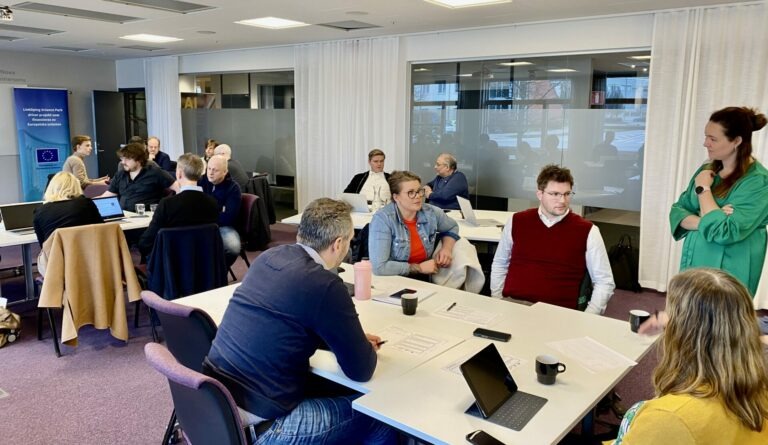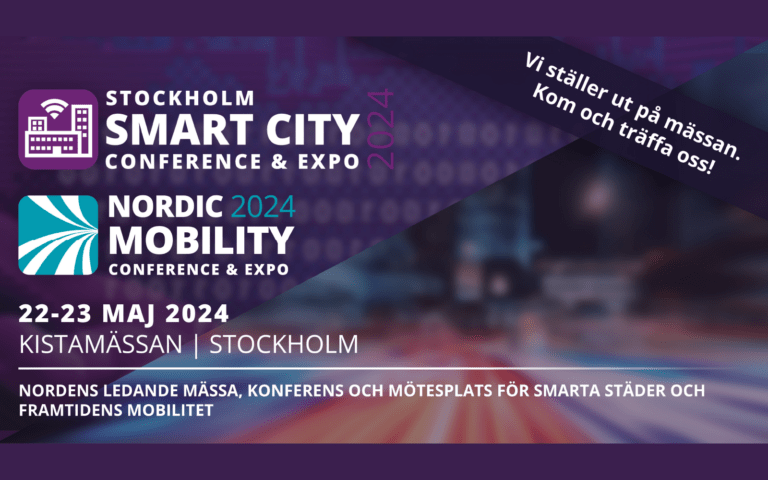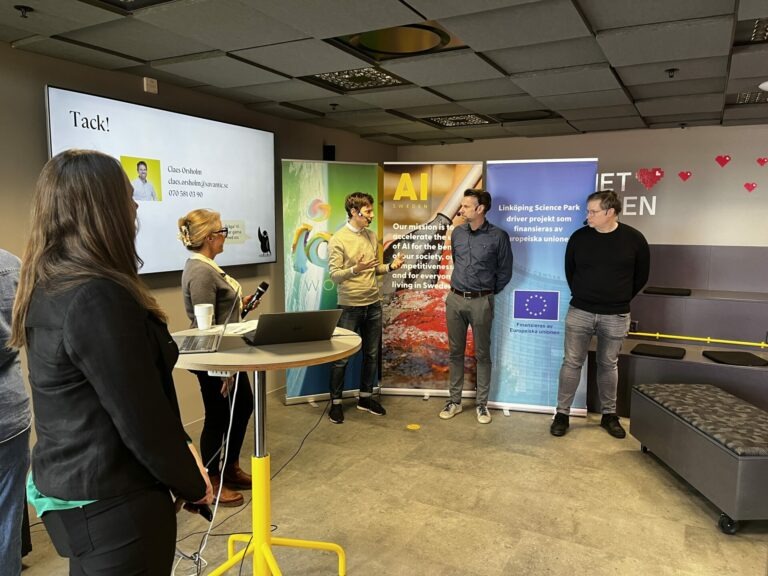Ericsson is part of the Swedish psyche like few other companies. It is also part of Linköping’s – and Mjärdevi’s – industrial history. Over the past 30 years, Ericsson’s presence in Science Park Mjärdevi has created the conditions for the company to become a driving force in the development of the community. Close co-operation with other actors, especially Linköping University and its students, plays a critical role in this relationship.

Ulrika Unell, Ericsson’s site manager in Linköping
It is no accident that one of Ericsson’s most innovative and exciting business units is based in Science Park Mjärdevi. The company moved to the area back in 1987 with some 20 employees, into a shed on Teknikringen 6. Then, at the end of the 80s, focus was on developing the first generation of mobile communication solutions, 1G. Today, 30 years on, one of Ericsson’s three global ICT centres is located here at the heart of the Science Park, and the research and development centre is pioneering and leading the world in the development of 5G.
“When we won the tender to build a global ICT centre here in 2014, we invested wholeheartedly,” says Ulrika Unell, Ericsson’s site manager in Linköping. Today, the data centre is fully operational around the clock, with some 9,000 Ericsson developers (globally) logged into the centre at any given moment. The centre has a surface area of two football pitches, and to cool all the equipment housed in the centre requires two cubic metres of water every minute, that’s the equivalent to 56 baths.
Excellent symbiosis between actors
Through a committee structure, Ericsson in Linköping has the ability to influence the content and direction of courses taught at Linköping University, and can search for specific skill sets that the company might need in students, explains Ulrika enthusiastically. Trainees and students on placements come to Ericsson: frequently young people with great potential to become future mobile communication stars. Ericsson has also created an excellent research platform, and it is easy to see how innovations and new companies are born and develop in an environment of co-operation.
“The players that are active and are involved in life at Mjärdevi live in excellent symbiosis with one another. And there’s fertile ground here for ideas, experiences to inform and rotate between organisations and companies in Mjärdevi,” says Ulrika.
Anders Lindström, development manager and head of Ericsson’s successful 4- and 5G technologies, completes the image of the innovative corporate culture:
“We’re good at creating new arenas and platforms for innovation, and we have the competences and resources to realise ideas. The key is curiosity in future technologies and how these can harnessed,” he says.
Location is increasingly unimportant – cloud services are the future
Ericsson has a clear vision about influencing, developing and changing society and life for individuals. Technology and mobile communication are first and foremost tools to disrupt old structures and build new ones in their place. The buzz term Internet of Things typifies this approach for Ulrika and Anders. They talk passionately about breakthroughs, technological progress, and other changes that increasingly reduce the significance of place: in the past, people were tied to places where we could call, play or complete mobile transactions. With the continuous development of contemporary mobile communication, location is becoming meaningless and cloud computing increasingly important.
Cloud operations with the ICT centre as their global hub are a part of Ericsson’s R&D activities in Linköping, and function as a platform for testing and developing digital communication services and creating innovative solutions.
Creactive: an indispensible meeting place
Ericsson employees are often found at Creactive:
“It’s an unbelievably important place, I often go to Creactive for face-to-face meetings, to speak to students or interact with companies and incubators,” says Ulrika.
She stresses that innovation occurs when people meet – supported by technology – and that there is a considerable benefit and competitive advantage in being in the innovation melting pot of Creactive and Science Park Mjärdevi.
Part of a global ecosystem
Ericsson’s services affect society for billions of people around the world. During the 30 years that Ericsson has been at Mjärdevi, developments have been nothing short of revolutionary, from nobody knowing what a mobile phone was, to today when there are more mobile phones than toothbrushes. Today’s generational shift is even more extreme, and Ericsson is committed to continuing to lead development in the area. The company intends to recruit 100 engineers in Linköping during 2017. Virtually all the new positions will be on the 5G-side of the business, and the company’s vision is entirely focused on the future and on global, cloud-based ease-of-use. From Mjärdevi to outer space?
“We’re part of Linköping,” says Ulrika. “And we bring Sweden to the world, via Science Park Mjärdevi.”









